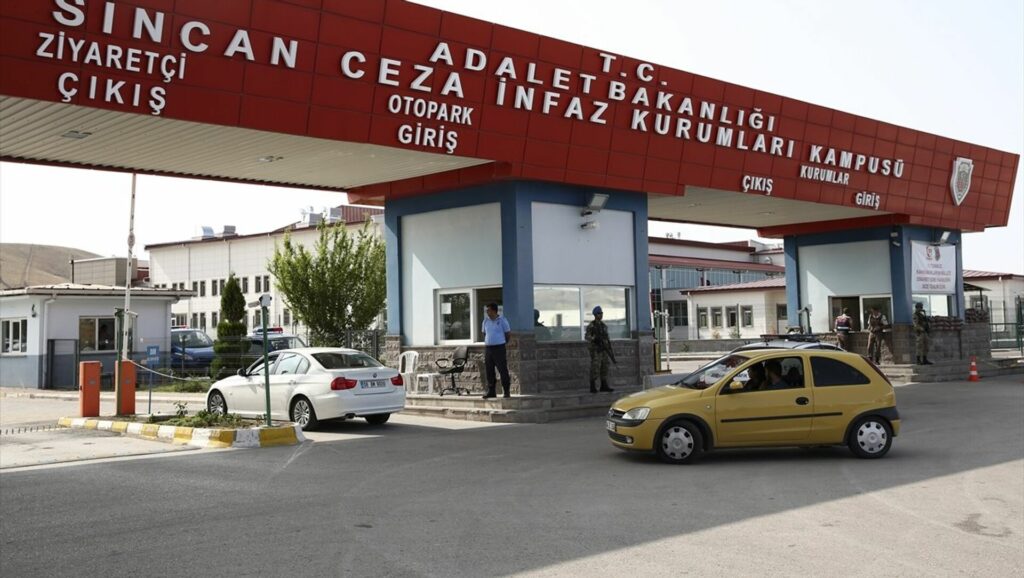Sixty-eight women who are incarcerated in Ankara’s Sincan Prison have in a letter asked the Council of Europe’s Committee for the Prevention of Torture (CPT) to take immediate action on suspicious deaths in the country’s prisons and to launch an investigation into them, the Mezopotamya news agency reported.
The women, who are jailed on political charges, told the CPT that two powerful earthquakes which hit the country in February and claimed more than 50,000 lives have diverted attention from rights violations, allegations of torture and suspicious deaths in prisons.
They said, as “political hostages” in Sincan Prison, they are concerned about the lives of inmates in solitary confinement.
In the letter the women talked about the death of a 63-year-old inmate, Abdullah Oran, who had been jailed in Sincan Prison for two years when he died on March 19. Oran’s death went into the official records as caused by a “heart attack,” but there were doubts about it. They said suspicious deaths are officially recorded as having been caused by a heart attack or suicide, claims that are disputed by the prisoners’ families.
According to the women, the Turkish government is responsible for each and every death taking place in prisons due to its failure to take measures to prevent them.
“If a blind eye is turned to this situation, the number of such [suspicious] deaths will increase and it will be inevitable for us, especially for those in solitary confinement, to face the same fate,” said the women in their letter as they called on the CPT to take urgent action to investigate suspicious deaths in prisons and make public the situation of the solitary confinement cells by exerting its authority.
The US State Department, which issued its 2022 Country Reports on Human Rights Practices with a subsection on Turkey last month, listed credible reports of suspicious deaths of persons in custody, among other rights violations in the country.
The report addressed the issue of torture and other cruel, inhuman or degrading treatment, citing domestic and international rights groups who “reported that some police officers, prison authorities, and military and intelligence units employed these practices.”
According to the report, individuals allegedly affiliated with the outlawed Kurdistan Workers’ Party (PKK) or the Gülen movement were more likely to be subjected to mistreatment, abuse or possible torture.
The Gülen movement, a faith-based group inspired by the views of Islamic scholar Fethullah Gülen, is labelled as a terrorist organization by the Turkish government, which accuses it of masterminding a failed coup in July 2016. The movement strongly denies any involvement in the coup or terrorist activity.
Ill-treatment and torture have become widespread and systematic in Turkish detention centers and prisons especially after the coup attempt in 2016. Lack of condemnation from higher officials and a readiness to cover up allegations rather than investigate them have resulted in widespread impunity for the security forces.



